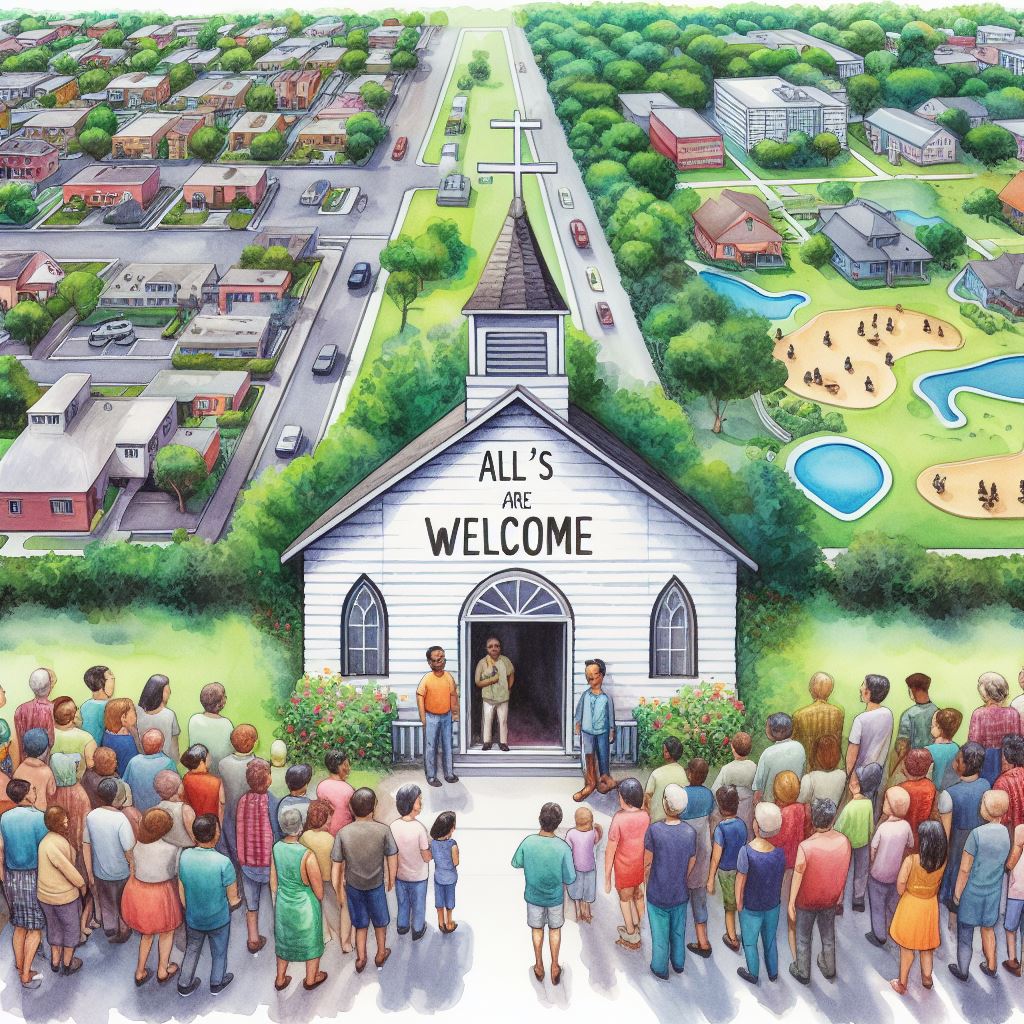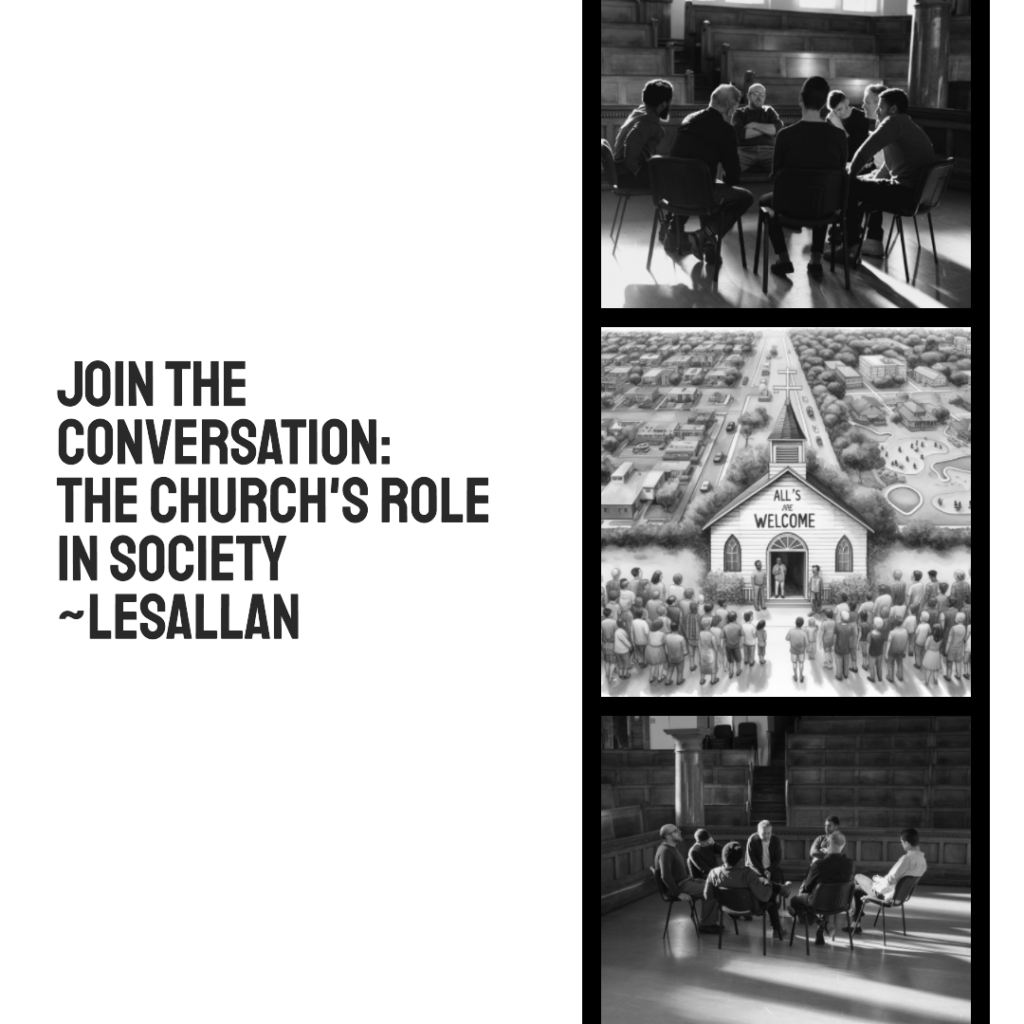Written By Lesallan

Church as a Community
Written By Lesallan
Ohio Christian University
THE4050 Investigating Christian Theology II (ONLF23)
Professor Jeremy Kamer
October 17, 2023
Church as a Community
According to Oden (2009), the church is a community summoned by God’s voice and responds to His grace and truth. The church is not a human invention or a social contract, but a divine initiative and a covenant relationship. Oden (2009) writes: “The church is the community of those who have been called out of the world by God’s own voice, who have heard and believed the gospel of Jesus Christ, and who have been baptized into his body” (Oden, 2009, p. 691). Oden (2009) also emphasizes that the church is not a static institution or a rigid organization but a dynamic and organic reality that grows and changes according to God’s will and purpose. The church is not an end in itself but a means to an end, which is God’s glory and the world’s salvation.
One of the key New Testament words for the church is ekklesia, which means “a group meeting called into existence” (Oden, 2009, p. 692). This word implies that the church is not a self-generated or self-selected group but a group that is formed by God’s call and invitation. The New Testament also reveals that the one who has called the church into being is God Himself, who is revealed in three persons: the Father, the Son, and the Holy Spirit. Oden (2009) explains: “The church is called into being by the Father through the Son in the power of the Spirit” (Oden, 2009, p. 693). The church is, therefore, a Trinitarian community that reflects and participates in the life and love of God.
I believe Oden’s (2009) view of the church as a community called into existence by God Himself is both Biblical and theological. It is Biblical because it is based on the witness of Scripture, especially the New Testament, which shows how God initiated and established His church through His Son, Jesus Christ, and His Spirit. It is also theological because it affirms the sovereignty and grace of God, who creates and sustains His church by His word and power.
Furthermore, it highlights the relational and communal nature of the church, which mirrors and expresses God’s relational and communal nature as the Trinity. I think this view of the church challenges us to recognize that we are not our own but belong to God and to each other as His people. It also invites us to respond to God’s call with faith, obedience, and love and to join Him in His mission to transform the world with His gospel.
Blessings,
Lesallan
References:
Oden, T. C. (2009). Classic Christianity: a systematic theology. HarperOne.



